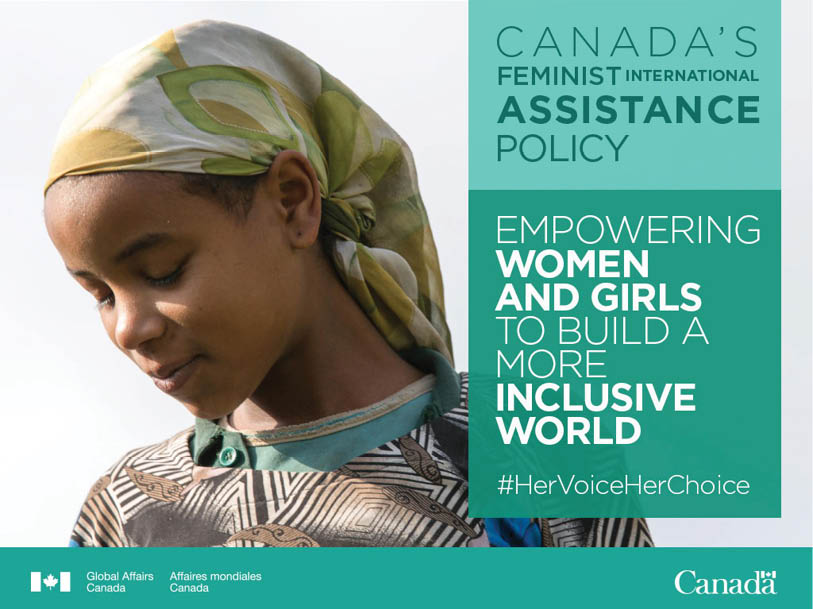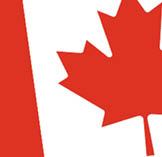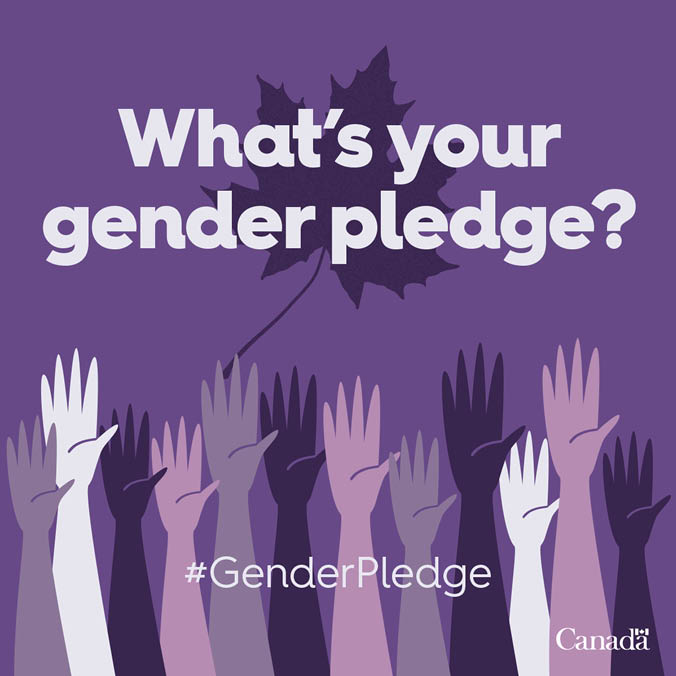Gender-based violence against women, the forced early marriage of young girls, and custody disputes involving children make up the majority of the complex consular cases affecting Canadians living in the Palestinian Territories. They can take time to resolve and frequently require support from local partners in the West Bank, Gaza, and East Jerusalem. To better support Canadian Palestinians facing such issues, the Representative Office of Canada is hosting a series of community discussions in March. These discussions follow International Women’s Day on March 8, celebrated in 2020 under the theme “An equal world is an enabled world.”
“The series of community discussions across the West Bank merge Canada’s focus on equality for women with the opportunity to connect with Palestinian stakeholders in efforts to effect real change. It also allows us to reach out to Canadians who may need our help,” explains Robin Wettlaufer, the Representative of Canada to the Palestinian Authority. “We want to work with local practitioners, policymakers, and civil society to foster community conversation about these important issues and explore how we can work together in addressing them,” she asserts.

The three discussion sessions are hosted jointly with the West Bank universities Bethlehem, Arab-American University (Ramallah Campus), and An-Najah and open to the public as well as to students, academics, community partners, and stakeholders. Prominent Palestinian-Canadian academic Dr. Dalal Iriqat will moderate the discussions.
Ensuring gender equality is at the heart of Canada’s international objectives. In this spirit, Global Affairs Canada staff, including those working in the West Bank, have been asked to make a personal gender pledge on how they will take action towards gender equality in their everyday work.
“These discussions are important for numerous reasons,” Ms. Wettlaufer states. “Canada’s consular officers regularly deal with issues related to forced marriage, domestic violence, and child custody. These tend to be complex cases, and we would like to make Canadian Palestinians aware of how we can assist. As similar issues exist in Canadian society, we can learn from each other how best to effect change. Such discussions also support Canada’s pursuit of a feminist foreign policy that promotes open and inclusive societies,” she adds.
Together, we are working towards a more peaceful, inclusive, and prosperous world.
Canada has adopted a Feminist Foreign Policy and a Feminist International Assistance Policy that place gender equality and the empowerment of women and girls at the center of the country’s international political and humanitarian efforts. Canada applies this feminist approach across all policies and programs, including through the delivery of diplomacy, trade, security, development, and consular services. One example is the Haya program that works to eliminate violence against women in Palestinian society. At the cost of 17 million Canadian dollars, this evidence-based program focuses on preventing harmful practices, attitudes, and behaviors in the community.
For more information on the mentioned events, please visit this issue’s Events section.



